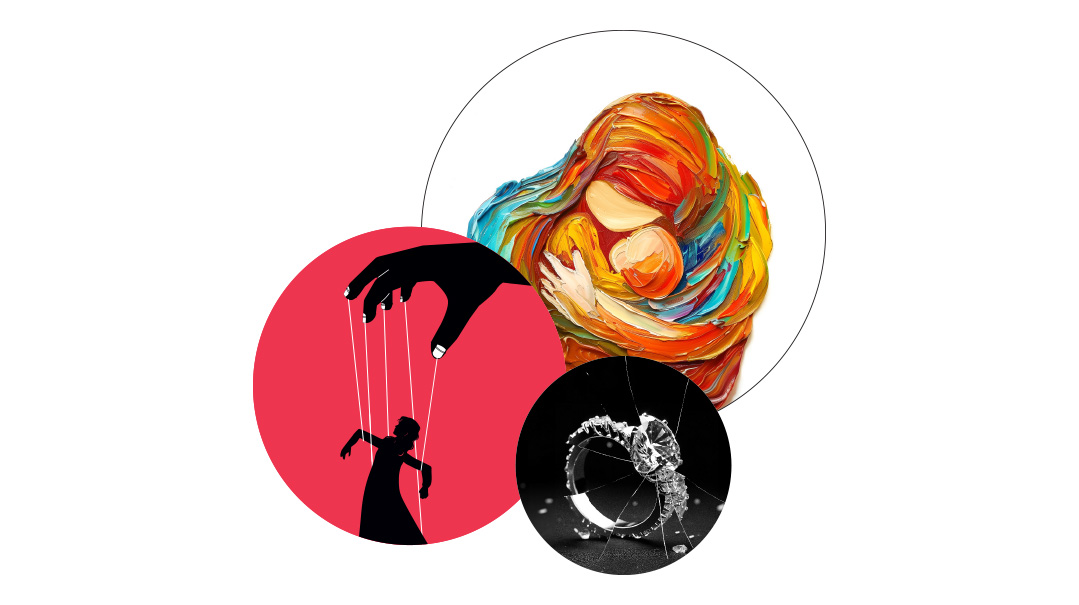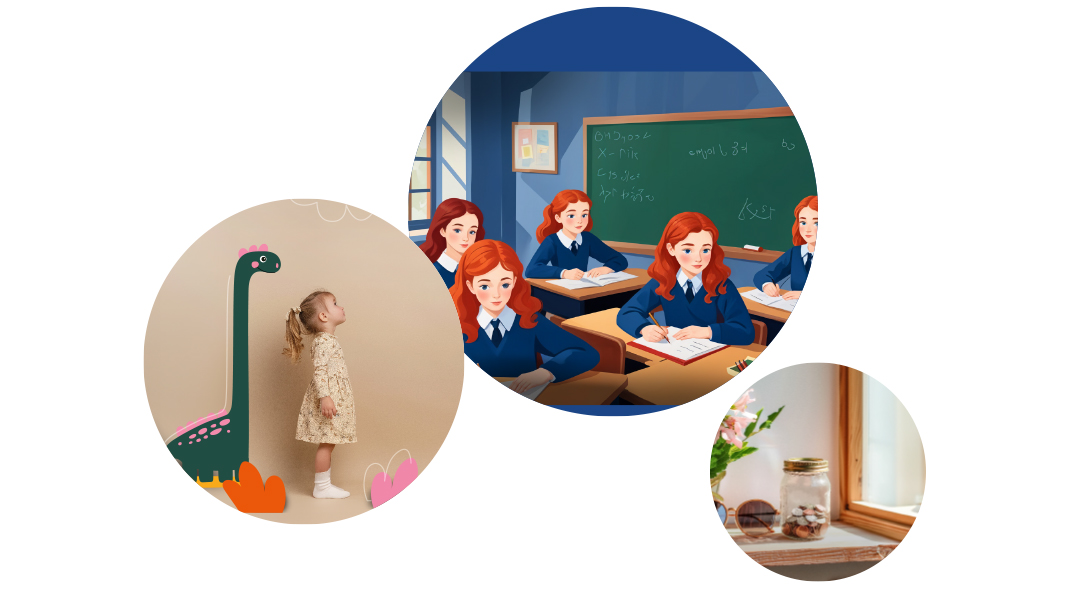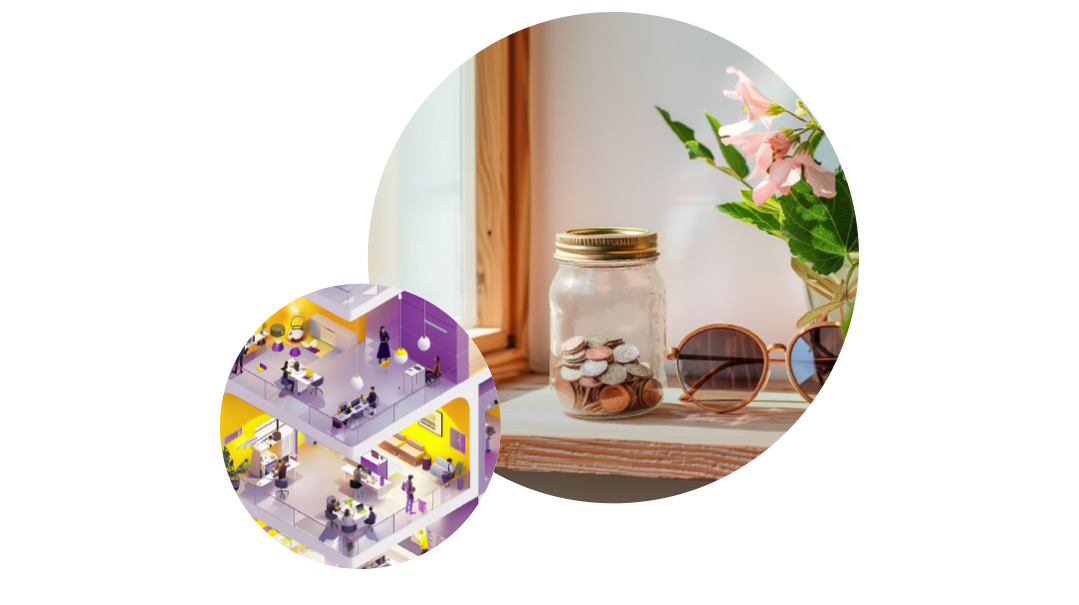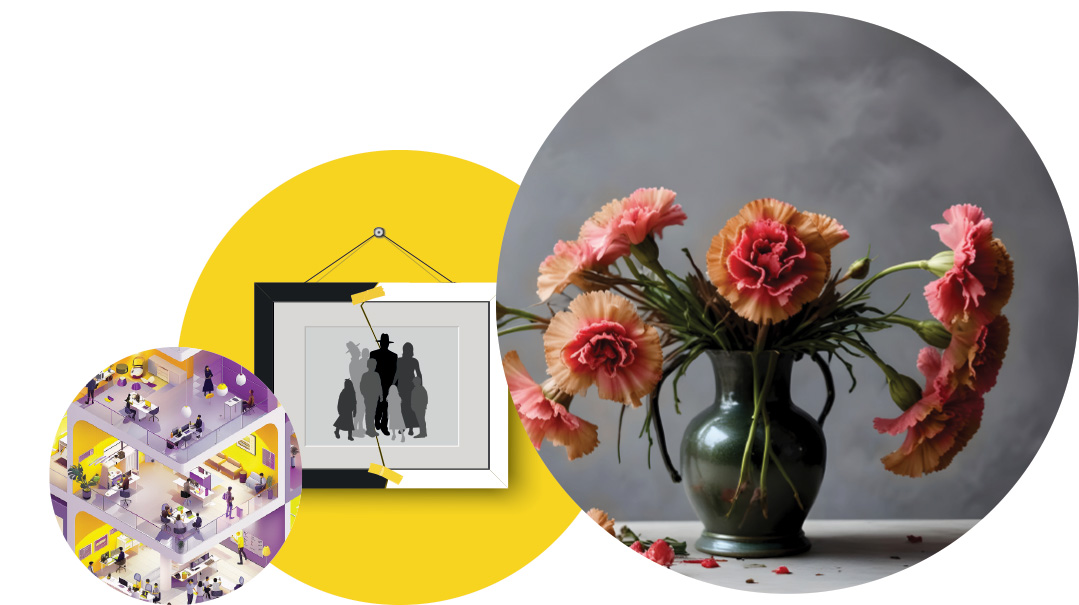Family First Inbox: Issue 887

“None of those statements is invalid. And they all focus on why the person is wrong for having the problem they have”
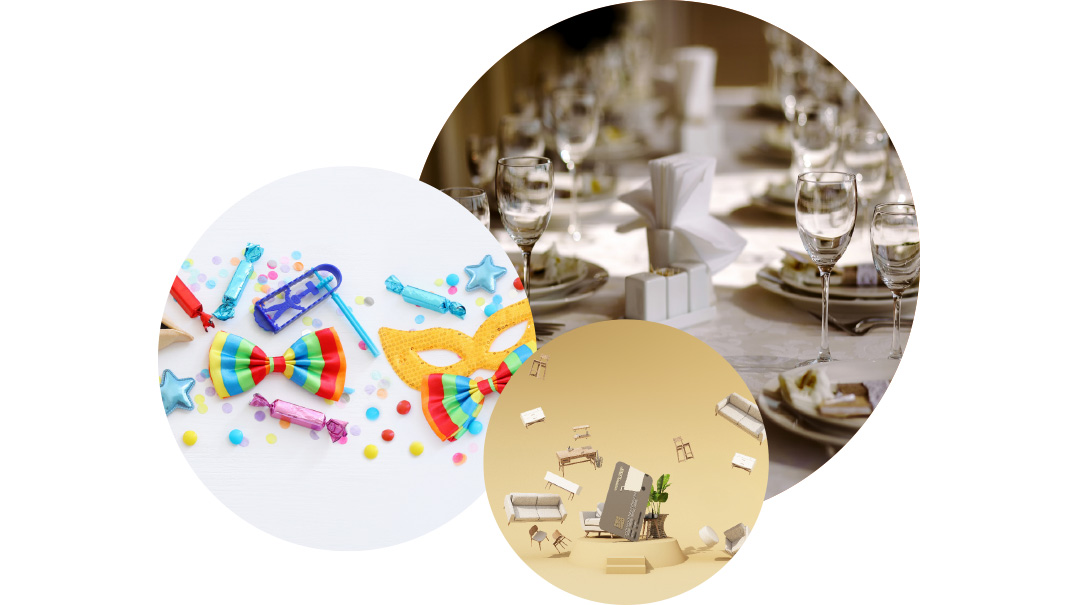
Pesach over Purim [Lifetakes / Issue 886]
I felt so validated when I read Penina Steinbruch’s Lifetakes describing how for many years she didn’t love Purim. I love Purim day — the chaos, the costumes, the joy in the air. But the weeks leading up to it? I have a crying bout almost every year. Weirdly enough, I prefer making Pesach to getting Purim organized. Somehow, at least in Israel, regular life stops or slows down in the week before Pesach, giving you time to get things done. Not so with Purim — you already have making Pesach on your head, you have your regular work-life balance you’re struggling to maintain, and then you need to plan, buy, and put together shalach manos, the kids Purim costumes, and the Purim seudah. Every year, my pre-Purim meltdown is preceded by my husband’s comment of, “Why didn’t we start planning earlier?” and “Why am I the only man in the costume gemach and the disposable stores?”
Thank you, Penina. I feel less alone now.
R. J.
Still a Miracle [Real Life / Issue 885]
Okay, can you even imagine my surprise when I opened up my Family First and read Meira Leiser’s excellent story on the emunah needed when becoming homeowners... literally 24 hours after we signed on our own first apartment in Israel?!
Every word resonated (we, too, are now kidney-less after many a surprise fee) and found her journey of bitachon extremely relatable.
We don’t need to refurnish, but I definitely have a desire to decorate our soon-to-be-new home so that everything will coordinate and look fresh. After more than a decade of saving and five different landlords, this will be our home, and I’m excited to make it our own. Is my own decorating fund of $5.74 enough to at least paint the place?
Here’s what I’d love to share with Meira. Your experience and desire to connect with Hashem’s goodness is obvious and admirable, but you’re no less a conduit for it just because it didn’t happen with a miracle story. I feel like the ability to see the Hand of Hashem in the complete mundane takes even more special effort and a lot of patience.
You might not have had a Krias Yam Suf moment where everything was swept into place, but you do have your very own home in Israel and that is truly no less miraculous. Receiving your shefa through an uncomplicated loan is just as much a gift from Hashem as winning the Oorah auction would have been. End of the day, it’s all from Him.
I really enjoyed following how your emunah evolved and how much you want to include Hashgachah pratis in your daily life. I hope that if you end up reading this from your beautiful new couch in Jerusalem, you know how much this brand-new homeowner appreciates you sharing your efforts.
A. Hornstein
I’m Not Exaggerating [Musings / Issue 885]
Hadassa Swerds’s articles always make me chuckle. Aha, so there’s another all-boys family out there who perform antics similar to mine! She gets it down so well that I’ve actually clipped some articles to read to my sister and sister-in-law, mothers to a row of sweet little girlies, who think I’m way exaggerating when I lock up stuff and don’t set the Shabbos table until a second before the meal.... Thanks for the affirmation and the great read.
Esther
It Derails Change [Inbox / Issue 885]
To the writer “S” of “There’s No Excuse,” a letter written in response to the article Out of Control: When I read the original article about mom rage, I was happy to see the topic addressed. When I read the responses over the last few weeks, I was pleased to see the positive reception of the topic. When I read your letter, I couldn’t not respond.
You wrote, “there is never a good reason to abuse a child” and “yelling at a child because you lack emotional regulation is immature, hurtful, and cruel.” I see this as the actual problem facing so many families today. What emerges from these statements isn’t actual improvement, better parenting, and healthier families, but the throwing around of labels (e.g., abusive, toxic, gaslighting, etc.) that increase our emotions and, ultimately, family estrangement/alienation.
I’m sincerely sorry for the pain you’ve experienced from your upbringing. Regardless of why, no one deserves to be harmed. It may or may not be true that your parents struggled and therefore acted in the way they did, and in all likelihood, it’s at least partially true because parents don’t harm their children because they want to “take advantage of the weak.”
There is always a cause for behavior. That doesn’t mean the cause is an excuse or an acceptable reason to continue behaving inappropriately. And understanding the causes works a lot better than blaming.
You may be entirely correct that “children are the greatest gift,” “no alphabet soup diagnosis gives credence to hurting, yelling at, or abusing children,” and “look at your children through rose-colored glasses.” None of those statements is invalid. And they all focus on why the person is wrong for having the problem they have. That focus, as I wrote earlier, derails change. If you want to create change in the world, start by understanding the total validity of the problem as it exists. From there, you have the possibility of creating actual change.
I’m happy for you that you view “parenting as the greatest privilege and zechus.” I wish all parents could feel that way. And not all do right now. And that’s not wrong or bad.
I work with many mothers who struggle with emotion dysregulation or poor influence, control, and management of their emotions. I genuinely hope none of them read your letter. Hearing these sentiments only gets parents stuck further in “I shouldn’t be struggling with this,” “I should get over it,” and, worst of all, “I’m a terrible parent.”
This line of thinking stops change in its tracks because it is connected to the emotion of shame, an emotion of “Stop, hide, don’t let them see how bad you really are.”
I’m so privileged to get to watch women with intense emotions learn to step back into their power of choice by gaining true mastery of themselves. Please don’t derail that by judging and blaming. If parenting feels like a gift to you, be grateful. If your children grow up to struggle with managing their emotions, will you say there’s no excuse?
Dr. Chaya Lieba Kobernick
The CBT/DBT Center
Unjustified and Unfair [Inbox / Issue 885]
I felt that the criticism coming from S. from Clifton, NJ, toward Nechamie and mothers like her who struggle in a similar fashion to stay calm with their children was unjustified and unfair. I want point out an important distinction between heartless parenting and a struggling mother. Are you a mother who feels entitled to behave this way, who thinks your children deserve this? Or do you acknowledge that your behavior is wrong and are doing your utmost to change it? Then you’re a struggling mother.
Nechamie was clearly of the latter. She was clearly in a lot of pain over the situation. “Immature” and “cruel” are not correct descriptions by any stretch. “Hurt people hurt people” is only an “excuse” when it’s said cavalierly as a way to shirk responsibility. Nechamie’s approach to her situation was nothing of the sort.
Her children may be hurt in the process, but with a mother as attuned as Nechamie, their relationship will repair and they will heal.
“Stop the violence and the lame excuses” aren’t lines that will motivate mothers like Nechamie to get better. Love, acceptance, and understanding are much more effective alternatives. Mothers like Nechamie who recognize their struggles and face them head-on deserve our respect and admiration for the courage it takes to do so, not for the hurt they have caused, but for the willingness and commitment to make it right.
Miriam Bloch
It Is Possible [Inbox / Issue 885]
I myself was brought up in a very volatile home, but decided, “When I have kids, I won’t yell at them or hit them.” We’re told, “In whatever way a person wishes to go, he is given Divine help” (Makkos 10a). Although I didn’t know how I’d accomplish my goal, I told my children from an early age, “I don’t get angry, because I’m the Queen of Solutions.” This calmed everyone down. Whenever I had a violent urge, I DID get Divine assistance — a sudden phone call, a knock at the door, or some great idea of how to calm things down. It IS possible!
Dr. Miriam Adahan
They're Springboards [A Better You / Issue 885]
I’ve heard this sentiment from a lot of people: Don’t read article X, it will give you anxiety. Which is why I found Sara Rivkah Kohn’s column telling us how to prudently read articles on mental health such an important piece. It’s only natural that we look to relate an article to ourselves and our life, and her advice cautioning us not to use such articles as a diagnostic tool but as a springboard for exploration was spot on. Wise words.
Name Withheld
Clichéd Rules [Matchquest / Issue 885]
In her column responding to a boy asking whether he should be following strict dating protocol, Sara Eisemann’s comment that, “Rules are a lot like clichés. They came about for a reason…. Your job is to figure out how this rule originated and whether it serves you in this particular instance” was pure genius.
I’m going to use this as a guideline for so many things that are considered “pas nisht” for seemingly no good reason, like my child who wants to take karate lessons even though it’s not considered acceptable in my community. It can even be applied to clichéd rules (sorry) like using a white tablecloth on Shabbos, which usually generates a lot of eye-rolling. Yes, there is a source for it, and it isn’t your narrow-minded Hungarian yachna (apologies to Hungarians), but in the association between white and Shabbos Kodesh. Among certain groups of Yerushalayim, there’s a minhag to even wear a white kaftan on Shabbos. Here’s to looking into the source for “the done thing,” and then assessing whether there’s a binding reason behind it.
Name Withheld
Backed up with Evidence [Melatonin: A Wakeup Call / Issue 883]
As someone who’s pretty nervous to use any “hocus-pocus” supplements, I’ve always been concerned about the “cure-all-sleep-issues” melatonin. While various family members will do anything to convince me, I’m still reluctant to give it to my kids. This article provided a lot of insight and information that I very much appreciated. Now, not only do I have my opinion, but I also have information to back it up! Next time someone tries to convince me to give my wide-awake and bouncy two-year-old melatonin, I can state that it isn’t safe for children under the age of three. Thank you so much for an informative and validating article.
E.F.
Yerushalayim
My Life in Limbo [A Better You / Issue 882]
I read with interest the article Living in Limbo written by Abby Delouya. As a woman who is living in marital limbo, I would like to share my personal observations while in this unstable situation.
The biggest challenges are the alliances and allegiances of many who are forced to choose sides — the children, extended family from both sides, and close family friends. It puts them all in an untenable position.
And when looking for support: What, if anything, should we share, can we share, and to whom? If I confide in my friends in order to get their support, but then reconcile with my husband, then they are privy to the “stuff “ that should really remain private. He would likely view this as a betrayal of trust and privacy. And if he did the same, I would also feel betrayed. The damage wreaked on both sides is impossible to repair.
I have privately already begun to look for apartments and new furniture, while examining my finances... envisioning myself as a single woman approaching retirement. And yet at the same time, my husband of over 30 years and I trudge weekly and dutifully to the marriage therapist, as we try to untangle decades of hurt and pain.
We’re in no-man’s-land. We need to make a good faith commitment to try to salvage our relationship without running toward the exit doors. Are we hiring lawyers or going out to dinner? Are we living separate lives or schmoozing at the Shabbos table? Am I doing his laundry and cooking his supper or managing separate finances? Are we ignoring each other or investing in meaningful and heartfelt conversations?
Yes... circles. To whom do I owe the decision to keep our family together? My married children? My grandchildren? Myself? Where am I?
Being a single woman in her sixties is a scary thing. Do I want to age alone, live alone? Die alone?
Women already living this reality have told me that solitude is gut wrenching.
But are conflict and silence a better option? I simply don’t know. For now, I am choosing the limbo.
Anyone want to flip a coin to determine my future?
Living in Limbo
(Originally featured in Family First, Issue 887)
Oops! We could not locate your form.

